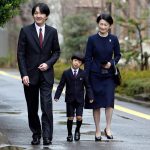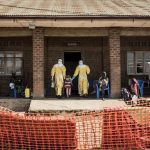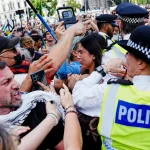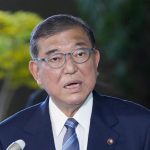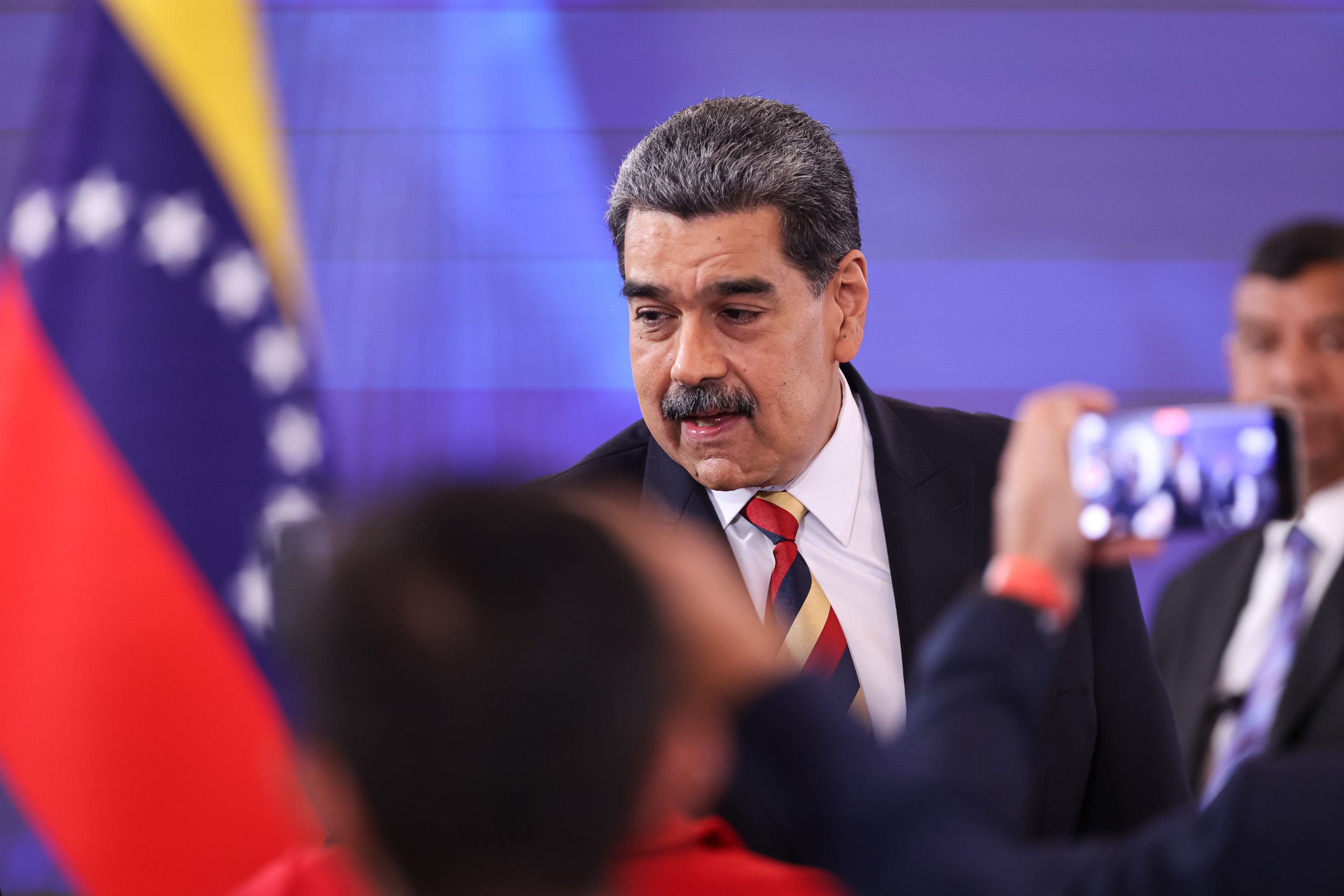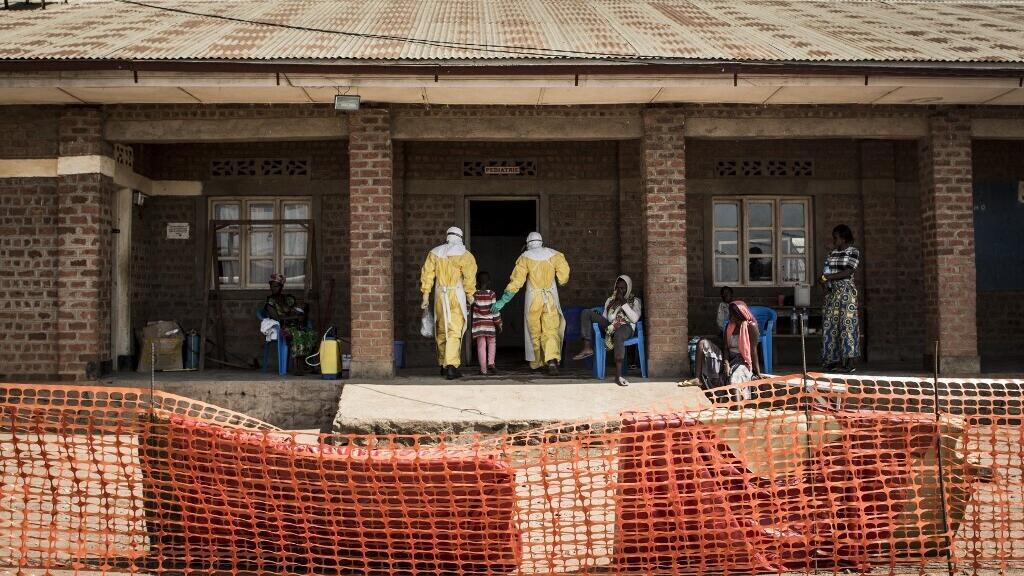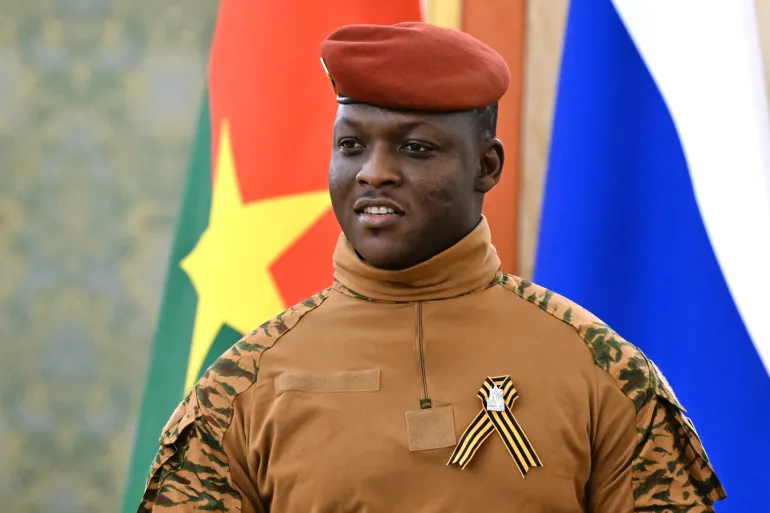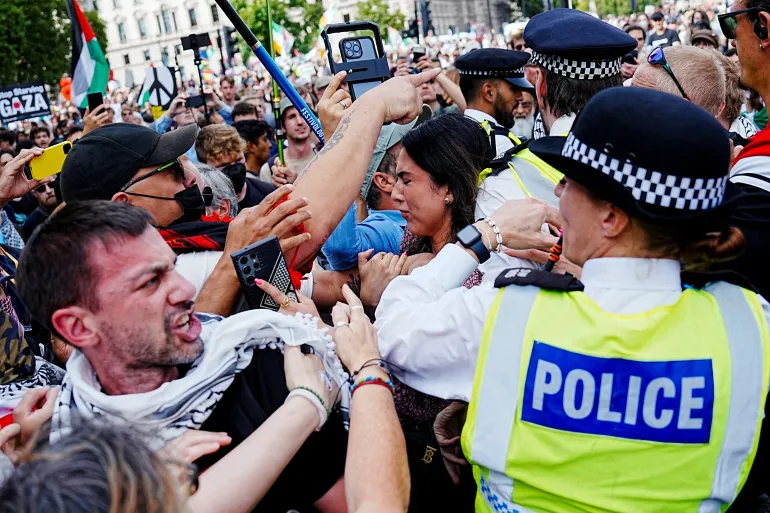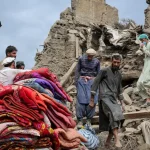In the midst of escalating tensions between the United States and Venezuela, a subtle but persistent sense of hope endures among Venezuelans. While political headlines, military posturing, and diplomatic rhetoric dominate international news, the lives of ordinary citizens unfold with cautious optimism and resilience. Amid hyperinflation, food shortages, and years of political instability, the Venezuelan people remain quietly hopeful that the current geopolitical spotlight could catalyze meaningful change. This article examines the complex interplay between U.S.-Venezuelan relations, the domestic realities in Venezuela, and the underlying aspirations of a population seeking stability and opportunity.
- The Escalating Tensions
- The Venezuelan Perspective
- International Reactions and Implications
- The Path Forward
- Frequently Asked Questions
- What are the main causes of tension between the U.S. and Venezuela?
- How has the Venezuelan government responded to U.S. actions?
- What role does the Venezuelan diaspora play in this situation?
- Are there any ongoing efforts to mediate between the U.S. and Venezuela?
- What do Venezuelans hope for in the midst of these tensions?
- Conclusion
The Escalating Tensions
Diplomatic Strains and Military Posturing
The diplomatic relationship between Venezuela and the United States has been fraught for decades, shaped by ideological divides and mutual accusations of interference. Recent developments, however, have intensified the situation. The U.S. has deployed military assets near Venezuelan waters, citing concerns over regional security and alleged narcotics trafficking. Venezuelan President Nicolás Maduro responded with strong rhetoric, warning of defensive measures and emphasizing national sovereignty. Experts note that while full-scale conflict remains unlikely, the psychological and economic impact of heightened tensions can have real consequences for Venezuelans living in already challenging conditions. “These are not just political gestures; they affect supply chains, investor confidence, and ultimately the daily lives of millions,” says Dr. Alejandra Martínez, a political analyst specializing in Latin American affairs.
Economic Sanctions and Civilian Impact
Sanctions imposed by the United States and other international bodies have further strained Venezuela’s fragile economy. Hyperinflation, which has reached an estimated annual rate of over 300%, combined with shortages of essential goods, paints a stark picture for families attempting to meet basic needs. Critics argue that sanctions disproportionately harm the civilian population rather than solely targeting government entities. For many Venezuelans, access to medicine, basic food staples, and utilities remains a daily struggle. The economic pressure, however, has also galvanized political movements advocating for reform, highlighting the complex interplay between international policy and domestic resilience.
The Venezuelan Perspective
Public Sentiment Amid Uncertainty
Despite fears of potential conflict or further economic hardship, many Venezuelans view the heightened international attention as a potential catalyst for change. On the streets of Caracas, residents discuss their hopes quietly in cafés and local markets. Maria González, a schoolteacher, explains, “We have lived through hyperinflation, shortages, and political unrest. The world’s eyes are on us now, and maybe this will force some accountability.” This sentiment captures the duality experienced by citizens: anxiety about immediate risks and a long-term hope that external pressure may result in reforms that improve governance and living standards. Surveys conducted by local NGOs suggest that a majority of Venezuelans, particularly younger generations, desire transparent elections and tangible economic improvement more than anything else.
The Role of the Diaspora
Venezuelans living abroad play a crucial role in amplifying voices for reform. The diaspora has become an influential political and humanitarian force, lobbying governments, organizing protests, and providing remittances that sustain families back home. According to the International Organization for Migration, over six million Venezuelans have fled the country in recent years, forming communities in Colombia, the United States, and Europe. Many of these expatriates maintain close contact with relatives and friends in Venezuela, offering not just financial assistance but advocacy and awareness campaigns on the global stage. Their involvement demonstrates a unique interplay of hope and action that transcends national borders, keeping the conversation about Venezuela alive in international forums.
International Reactions and Implications
Global Diplomatic Responses
Countries around the world have expressed concern over rising U.S.-Venezuelan tensions, calling for dialogue and peaceful solutions. Regional organizations like the Organization of American States (OAS) have emphasized the need for respecting national sovereignty while addressing human rights and governance issues. European nations, including Germany and Spain, have repeatedly urged mediation and diplomacy over escalation. Analysts note that global attention serves a dual purpose: it pressures governments to engage constructively while simultaneously offering a platform for citizens’ voices to be heard internationally.
Potential for Mediation
Several international actors, including the United Nations and smaller Latin American nations, have offered to mediate discussions between the United States and Venezuela. Such mediation efforts aim to de-escalate tensions, address security concerns, and potentially create a roadmap for economic or political reforms. Experts like Professor Luis Herrera of the University of Caracas suggest that third-party mediation could reduce misunderstandings, provide confidence-building measures, and signal to citizens that peaceful solutions remain possible. For many Venezuelans, even the idea of international mediation provides a measure of hope that long-standing crises might find a pathway to resolution.
The Path Forward
Prospects for Change
Despite the volatility of the situation, avenues for positive change exist. Diplomatic engagement coupled with domestic reform efforts could create opportunities for improved governance, stabilized economic conditions, and stronger international relations. Analysts suggest that sustained focus on humanitarian aid, political accountability, and economic restructuring can gradually restore public confidence. For Venezuelans, hope is intertwined with pragmatism; change is neither guaranteed nor immediate, but small shifts in policy, governance, or international approach could have cascading effects over time.
The Importance of Dialogue
Open and constructive communication between the U.S. and Venezuela remains critical. Dialogue allows both nations to address mutual concerns, reduce misperceptions, and develop cooperative strategies to prevent conflict. For ordinary Venezuelans, international diplomacy represents more than policy maneuvering—it symbolizes a potential reprieve from decades of instability and a chance to envision a future less defined by crisis and scarcity.
Frequently Asked Questions
What are the main causes of tension between the U.S. and Venezuela?
The primary causes include ideological differences, mutual accusations of interference in internal politics, economic sanctions, and concerns over narcotics trafficking. These issues are compounded by competing geopolitical interests and long-standing historical grievances.
How has the Venezuelan government responded to U.S. actions?
President Nicolás Maduro has consistently condemned U.S. interference, framing it as a threat to national sovereignty. The government has emphasized defensive preparedness, bolstered military capabilities, and publicly rallied citizens around themes of nationalism and self-determination.
What role does the Venezuelan diaspora play in this situation?
The Venezuelan diaspora advocates for reform, provides humanitarian aid, and raises awareness on global platforms. Their remittances support families, and their political engagement ensures that international attention remains on the plight and aspirations of Venezuelans.
Are there any ongoing efforts to mediate between the U.S. and Venezuela?
Yes. International organizations, including the United Nations, and regional actors have offered to facilitate dialogue. Mediation seeks to de-escalate tensions, address security concerns, and promote political and economic reforms in a constructive environment.
What do Venezuelans hope for in the midst of these tensions?
Many Venezuelans hope for a peaceful resolution that leads to political stability, improved economic conditions, and enhanced democratic processes. Citizens aspire for a future in which governance is accountable, and national resources benefit the population rather than exacerbate inequality.
Conclusion
Amid rising U.S.-Venezuelan tensions, the Venezuelan people continue to embody resilience and quiet optimism. While external pressures and internal hardships create a challenging environment, the aspiration for change remains strong. Through a combination of international attention, advocacy by the diaspora, and potential diplomatic engagement, there is reason for cautious hope. Ultimately, the future of Venezuela will depend not only on geopolitical developments but also on the persistence and determination of its citizens to advocate for a more stable, prosperous, and just society.





